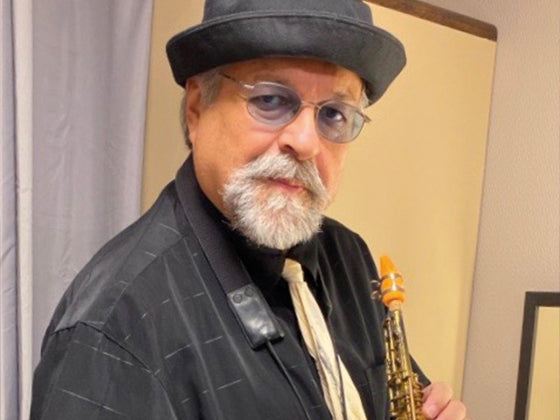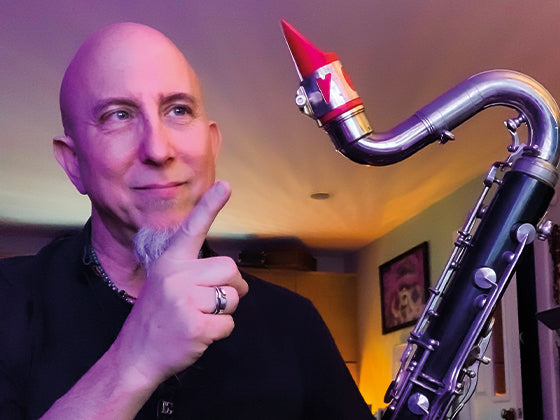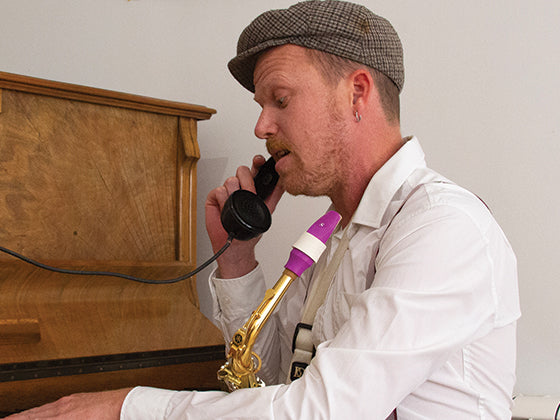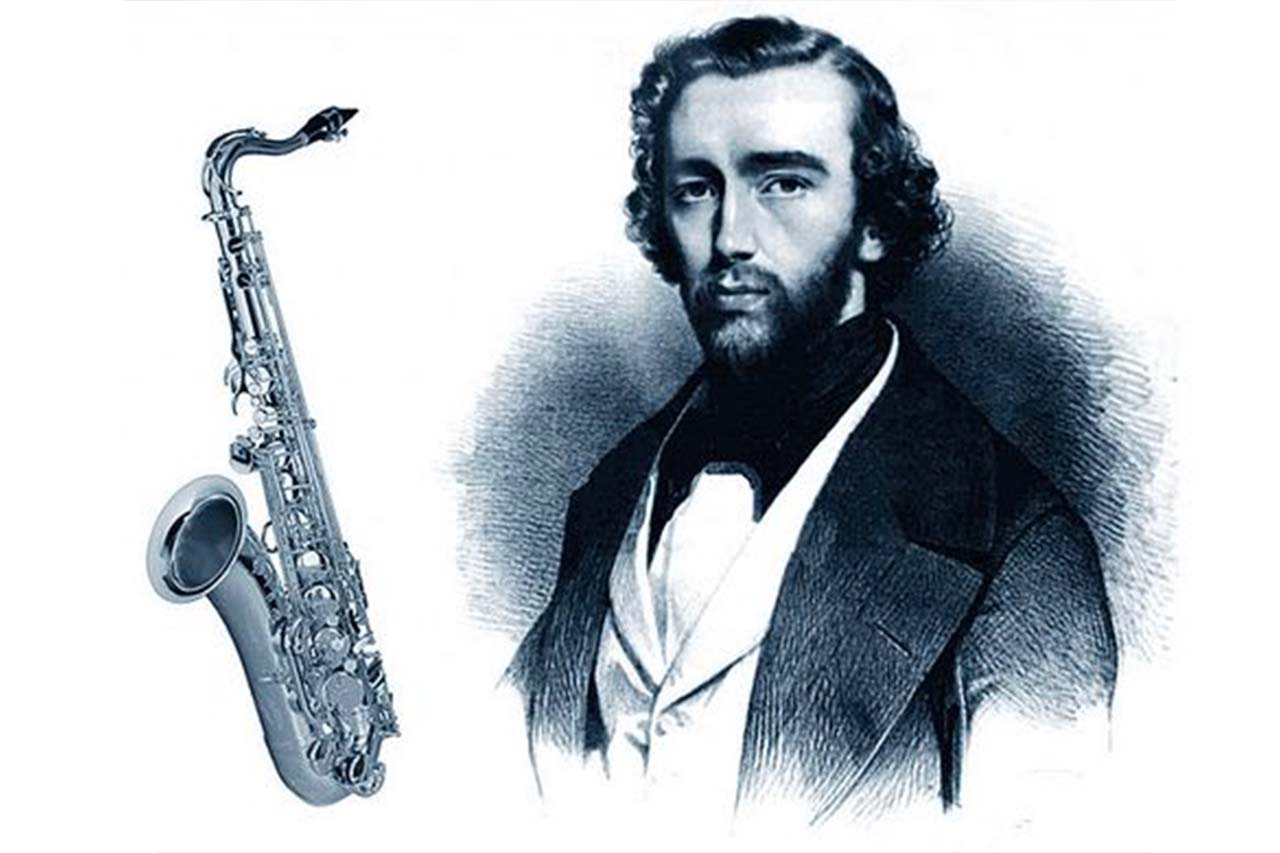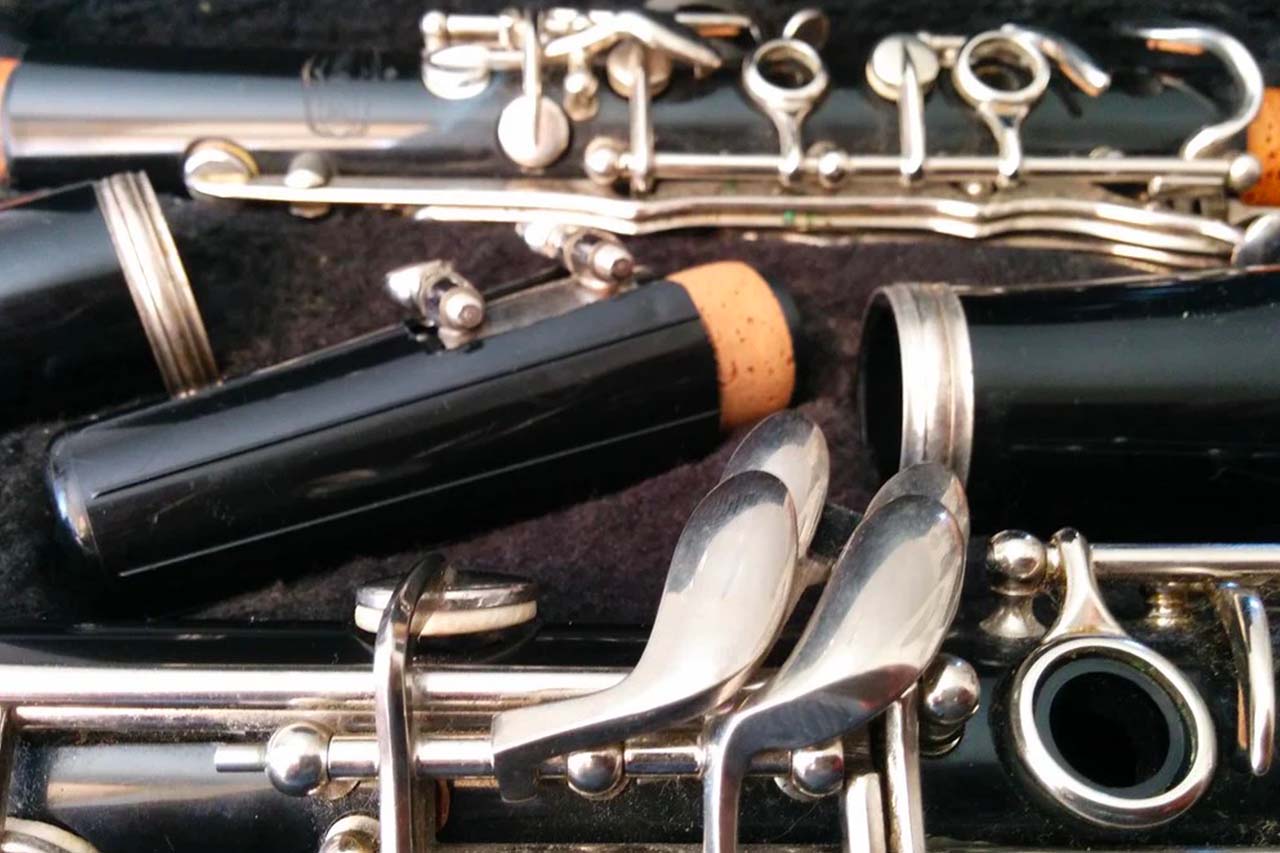Although it is one of the most recent wind instruments to have been created, the saxophone has a long and eventful history. Designed and constructed by Adolphe Sax, a Belgian instrument maker, in the 19th century, it has since been improved mainly by Sax himself, with some minor modifications being made by other manufacturers in the decades that followed. From the design stage up until Sax’s death in 1894, many events could have led to the saxophone not existing, or simply not gaining the popularity it has today. Here are five times the saxophone’s legacy could have been compromised.
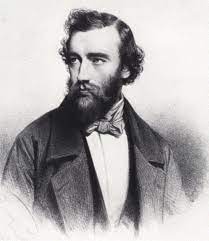
Sax’s rivals
After applying to patent his saxophone in Paris, Adolphe Sax went on to sell it. In his Parisian factory, located on the rue Saint-Georges, he started producing saxophones (among other instruments), and giving them to musicians to test out. Already, some were opposing receiving the instrument, out of loyalty to other instrument makers they had been working with for years.
When, in 1845, the French army decided to improve its marching band, manufacturers fought to get the contract. Sax eventually won it, which aroused a wave of hatred from his competitors; they all teamed up to take him down, under the guise of an association of instruments makers (L'association des ouvriers réunis). They filed many lawsuits, acting as one big prosecutor, mainly to refrain the Belgian from getting his saxophone patented. However, he managed to pull through, and finally obtained a patent for the saxophone in 1846. After that, he spent his whole life fighting for retribution and to keep his patents, but was defeated in court multiple times.

His financial troubles
Because of the Revolution of 1848, Sax saw many of his business partners flee or go out of business, which led to his sales decreasing rapidly. He also lost his contract with the army, since its command changed, and orders made by the former king were reversed. Other instrument makers, who still held a lot of grief with him, worked to get some of his other patents cancelled. This led Sax to take out loans, and not managing to pay them back, fall into bankruptcy. It then took him years to recover, as he had to close his factory while yearning to pay back his debts, before eventually being able to open up a second one, on the same street as the first.
This bounce back was facilitated by the fact that Napoleon III appointed Sax Musical Instrument Maker to the Household Troops in 1854, all the while making arrangements with his creditors to help him get back in business.
His health
Sax suffered from cancer, of which the first symptoms appeared in 1853. The tumour quickly grew in size and covered his mouth as well as his throat, which rendered him severely uncapacitated. For some time, Sax was fed through a straw, because he could neither chew nor swallow. After suffering from cancer for a few years, he eventually managed to find a doctor that cured him, and six years after discovering he was ill, he was out of trouble for good.
The lack of precedents for the invention
If Sax had not grown up playing the clarinet, as well as watching his father manufacture and repair instruments, he might never have created the saxophone. During his youth, Adolphe practiced in his father’s workshop, and quickly learned how to build and repair wind instruments. Sources differ on this matter, but it is highly plausible that Sax created the saxophone after he built his own bass clarinet prototype. He probably thought about putting a single-reed mouthpiece on a conical instrument, and came up with this instrument. But the fact that he had worked on wind instruments his whole life is certainly the first reason as to why he invented the saxophone. And if he had chosen, instead of repairing instruments, to play them, maybe he would have never invented the saxophone.
If he had never met his friends, his success would have been different
Sax counted many influential musicians and composers among his friends. To cite only a few,Berlioz, Halévy, Auber, Habeneck, Spontini and Donizetti all supported the inventor and even helped him gather funds to open his first factory. This network of friends and acquaintances greatly helped Sax establish himself in Paris, and had a great influence on the success of his instruments. If Sax had not met so many influential people in the world of music, he might have never been able to establish his business in Paris, and his saxophone would probably not have enjoyed the same level of success.
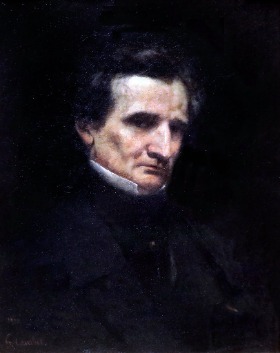
Even after his passing, as musicians continued to take their saxophone around the world, expanding its reach and influence, creating new styles of music that used it as a centerpiece, Sax’s heritage was passed on, giving his instrument the status it deserves.






